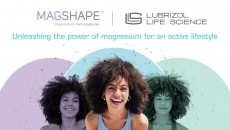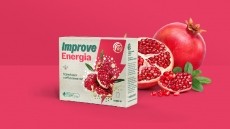EFSA supports calcium ascorbate safety, efficacy
comparable in bioavailability to ascorbic acid as a vitamin C
source, and does not pose health threats in the doses used, says a
new opinion from EFSA.
The ruling, by the Scientific Panel on Food Additives, Flavourings, Processing Aids and Materials in Contact with Food, came as a result of concerns over the safety and bioavailability of the substance calcium ascorbate with a content of threonate.
"The bioavailability of vitamin C from calcium ascorbate with a content of threonate is comparable to that of ascorbic acid," said the panel.
The panel noted that threonate is a normal metabolite in the body.
It concluded that the use of calcium ascorbate containing up to two per cent threonate as a source of vitamin C in food supplements does not pose any safety concerns.
Calcium ascorbate refers to a product consisting of the calcium salt of L-ascorbic acid (vitamin C).
The threonate content is from L-threonic acid (less than two per cent) along with calcium carbonate and water in the final product.
Questions had been raised as to whether such a form of vitamin C was efficacious and safe.
The panel report that toxicity studies and mutagenicity tests with calcium ascorbate with a content of threonate, with calcium threonate or L-threonic acid, hemicalcium salt indicated that the compounds are of low toxicity and are not mutagenic.
Studies have shown that calcium ascorbate with a content of threonate dissociates in the body to form ascorbate, threonate, and calcium, which are all physiologically present in the body.
"The intended conditions of use of calcium ascorbate with a content of threonate correspond to those of other approved sources of vitamin C.
The additional exposure to calcium and threonate through use of supplements with calcium ascorbate with a content of threonate does not represent a cause of safety concern," said the panel.
The image of vitamin C supplements with consumers is already strong.
According to Frost & Sullivan, the US market generated $151.7m (€127.4m) in 2005.
In Europe, revenue was calculated at $160.3m (€134.6m) for 2005, and is expected to grow to $192.5m (€161.6m) by 2011.











